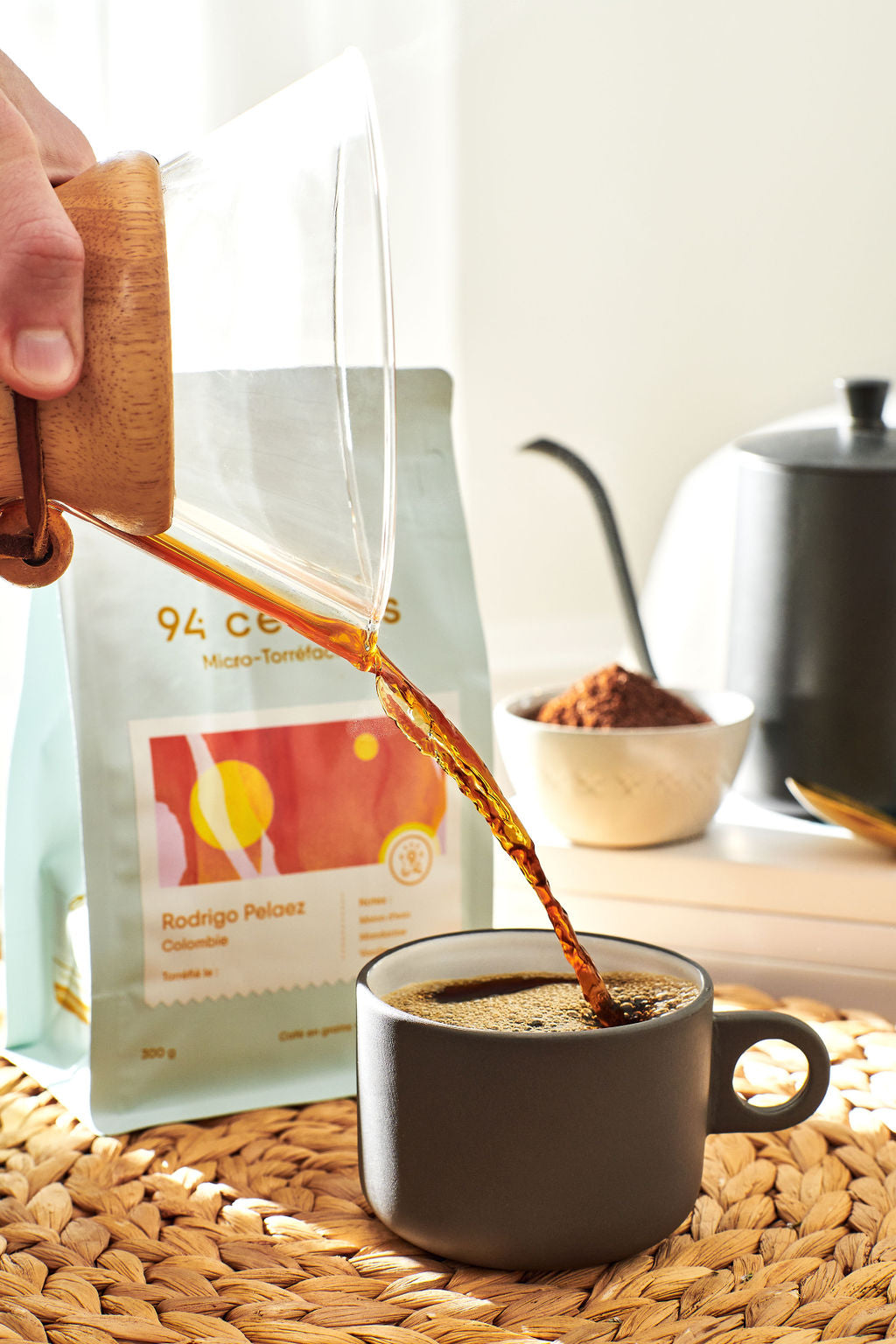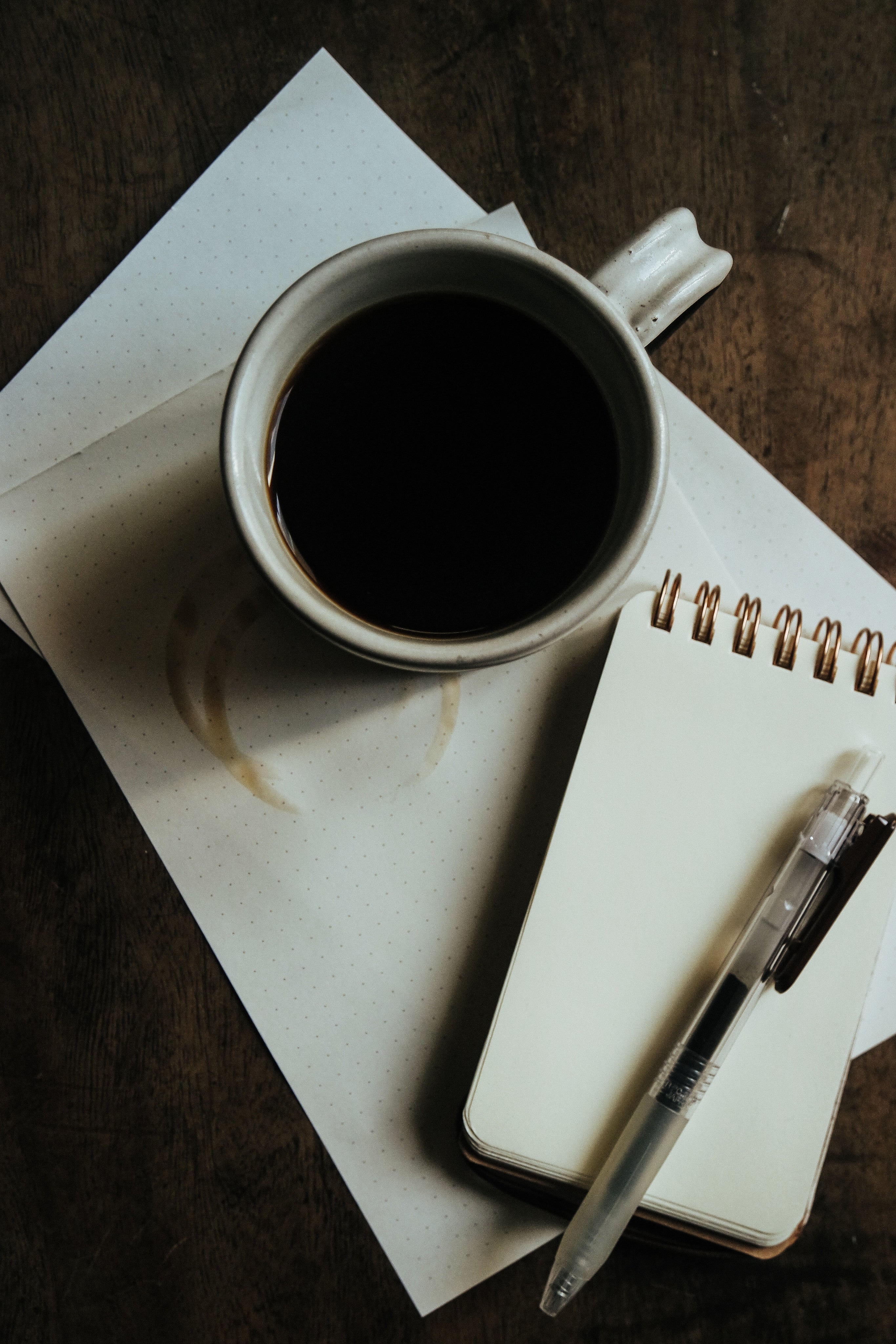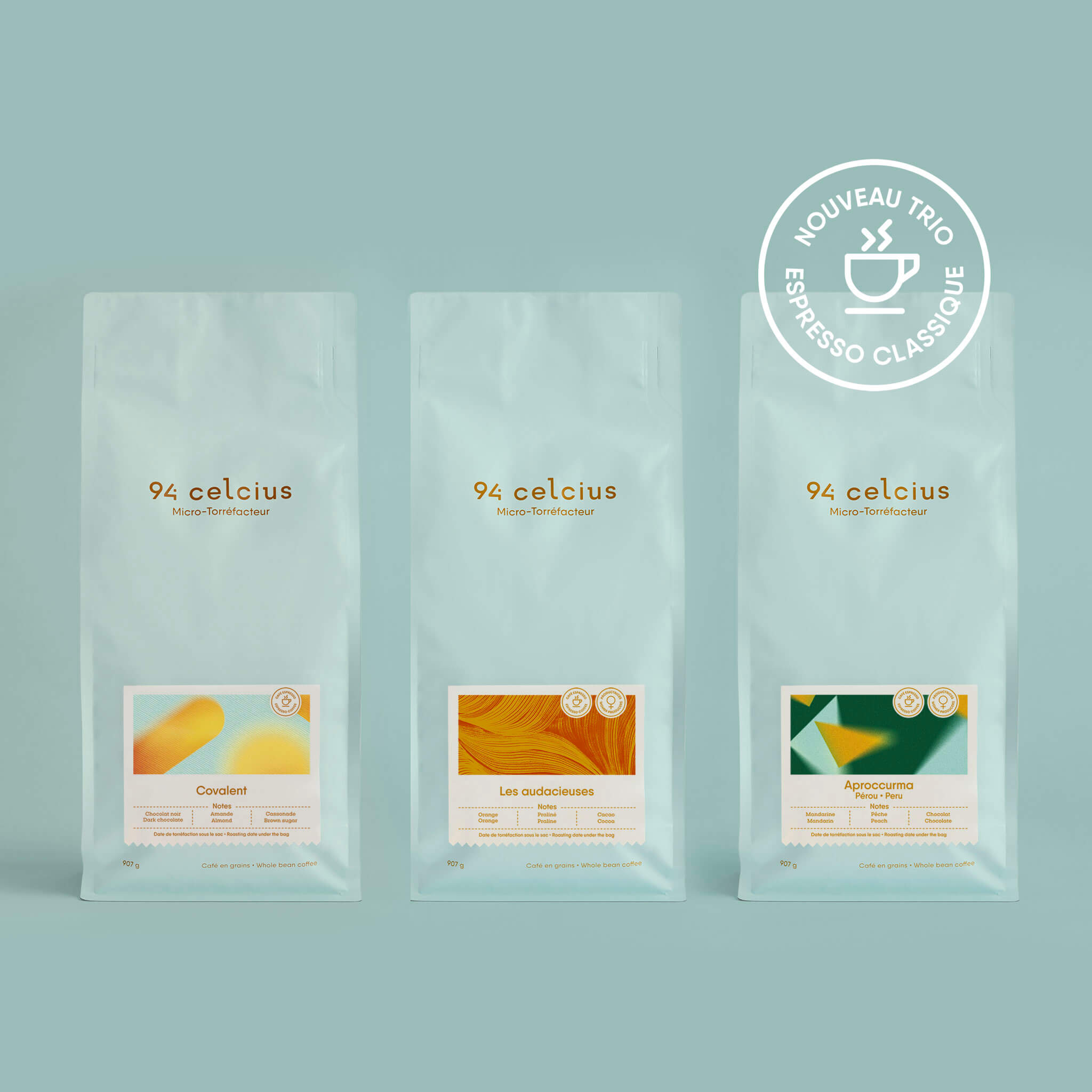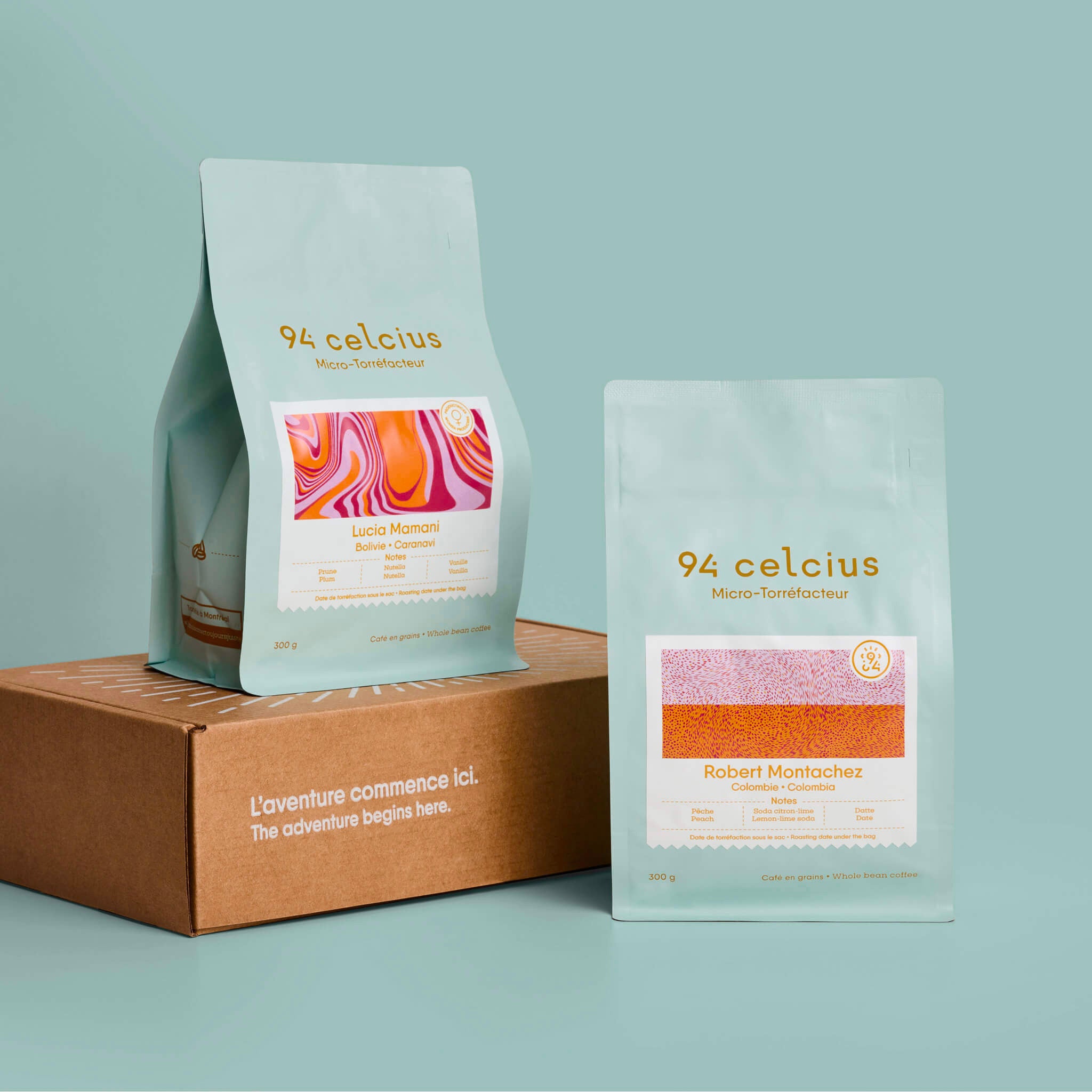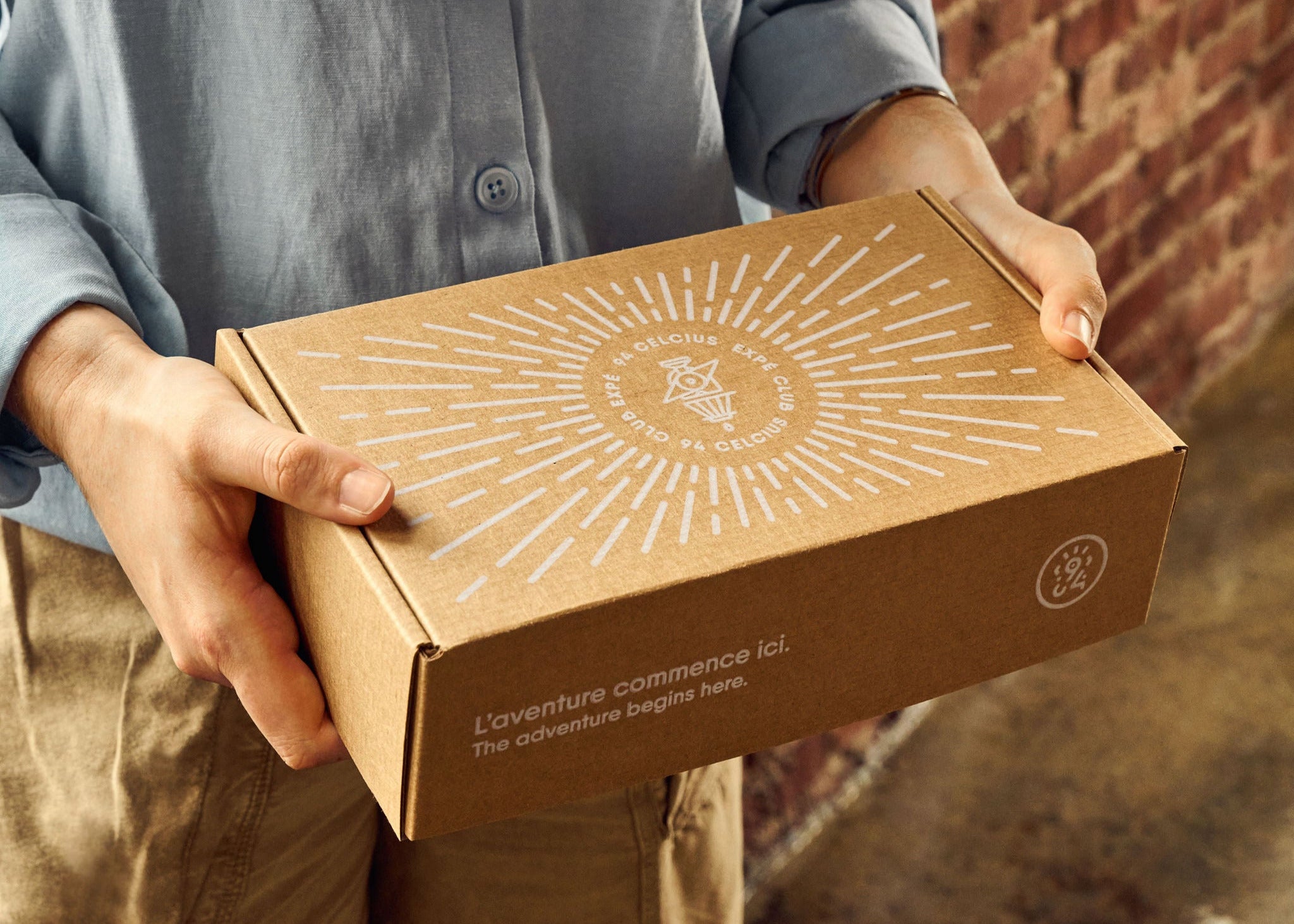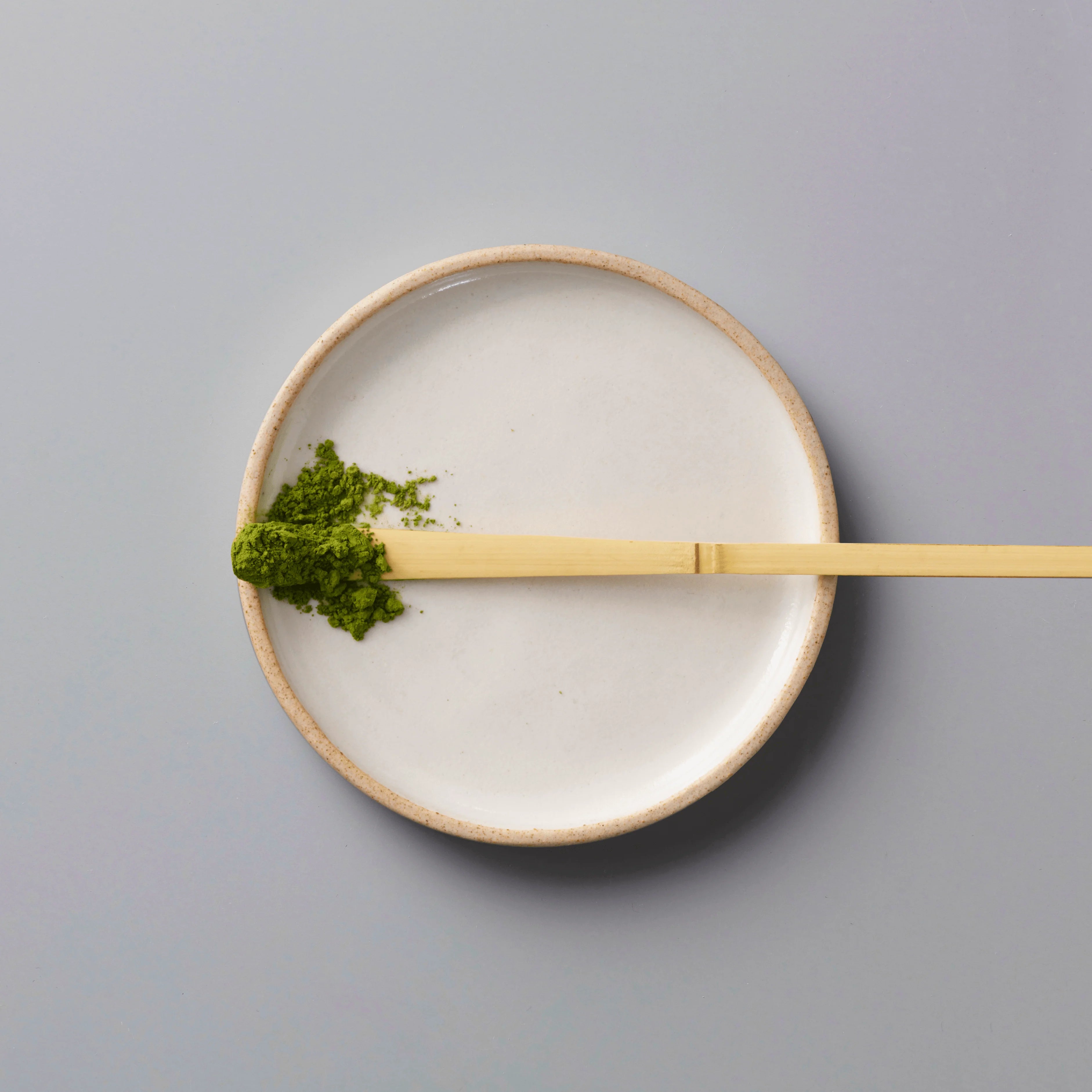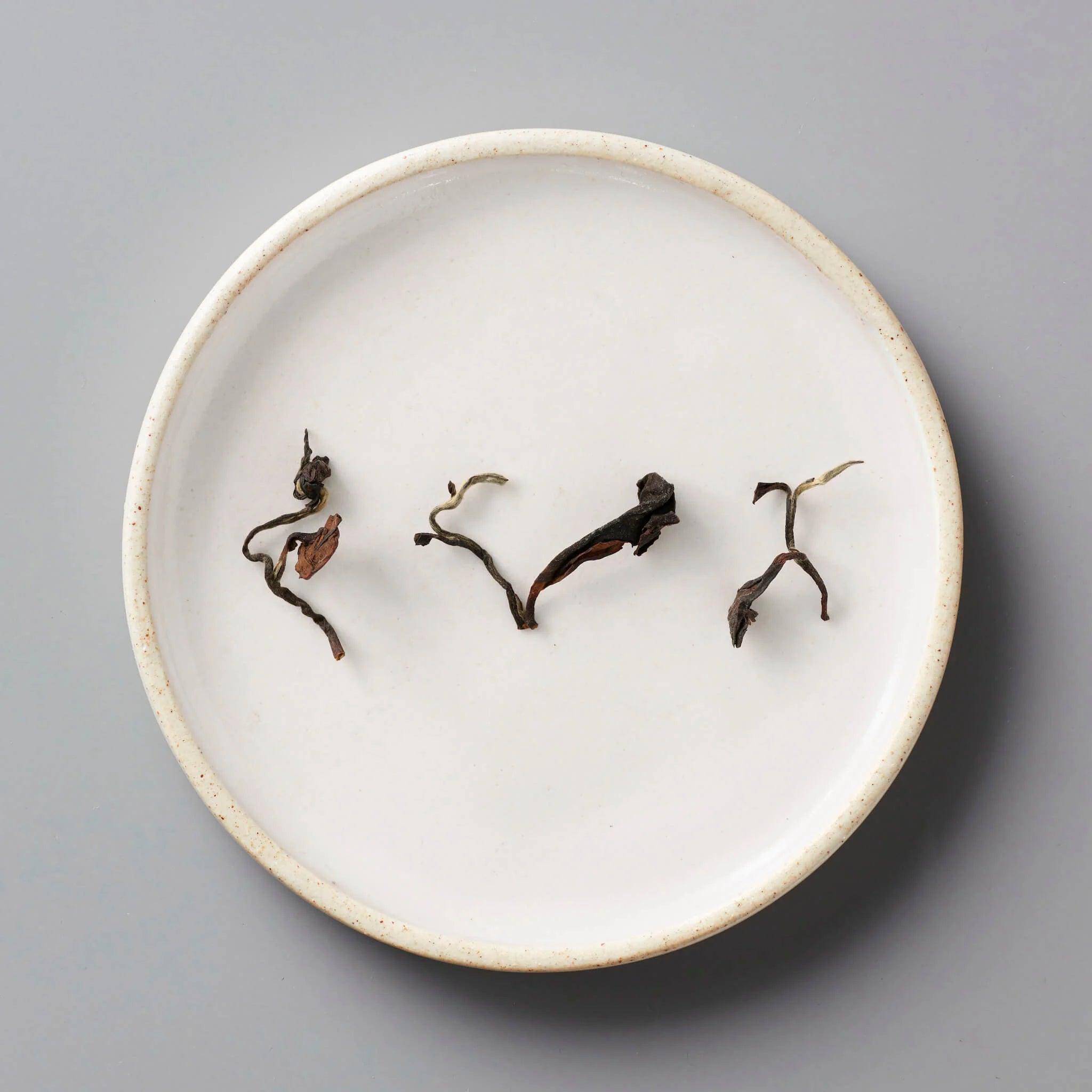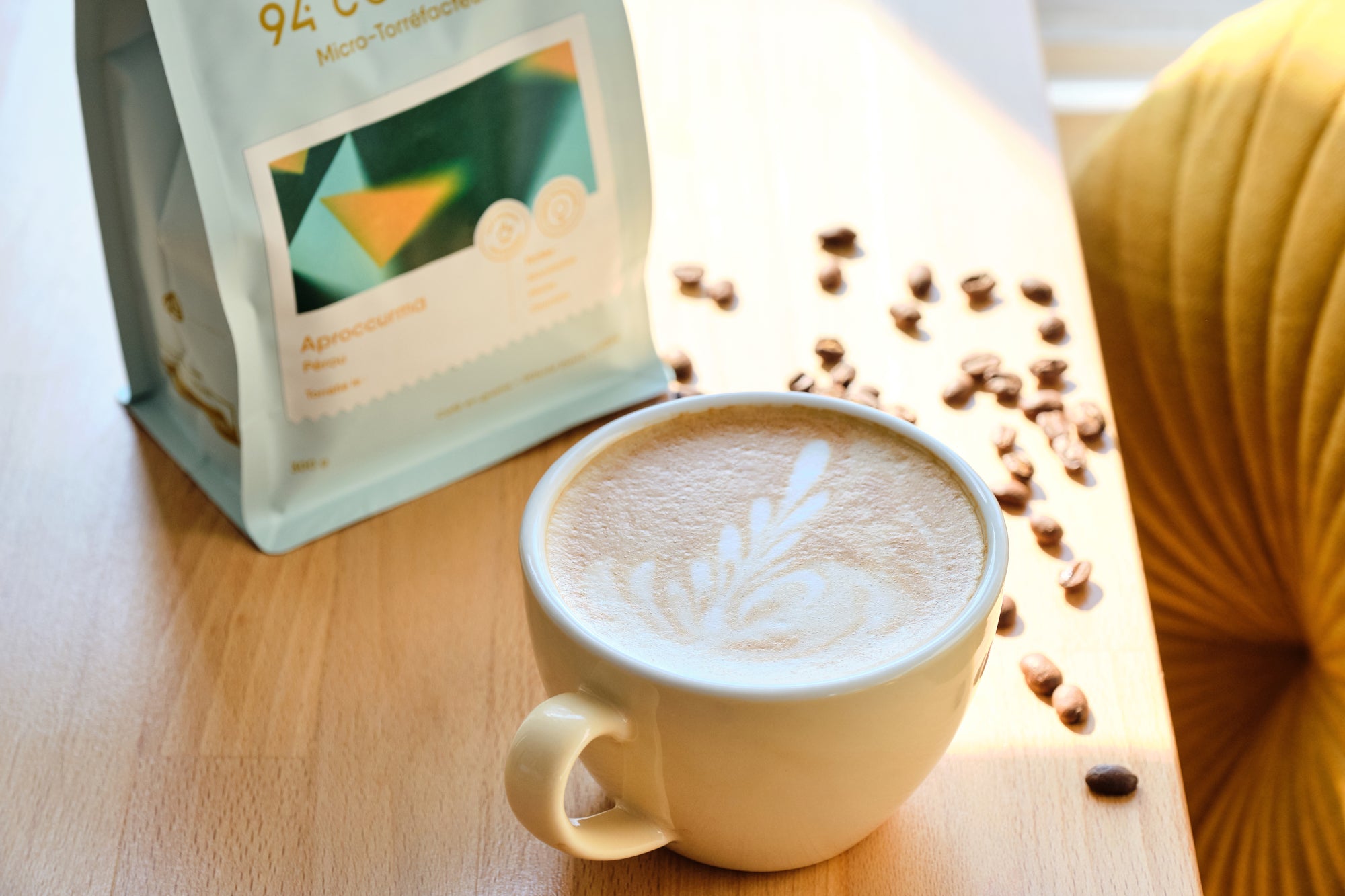Preparing a specialty coffee is an art, yet even the most passionate coffee connoisseur can sometimes make mistakes that affect the quality of their beverage. Whether you're a novice or a seasoned amateur, it's essential to adopt the right practices to get the most out of your coffee beans. In this article, we'll review the most common mistakes to avoid when preparing your coffee. You'll learn how to brew coffee like a pro and get the best possible flavor in every cup.
Why worry about preparation?
There's a lot more to making good specialty coffee than choosing the right beans. It's also about mastering certain techniques and avoiding common mistakes that can turn an exceptional coffee into a disappointing cup. Preparation errors, such as using the wrong water or the wrong temperature, can greatly affect the taste, texture and aroma of the coffee. By adopting best practices, you can optimize every step of the preparation process and transform your coffee-tasting experience.
